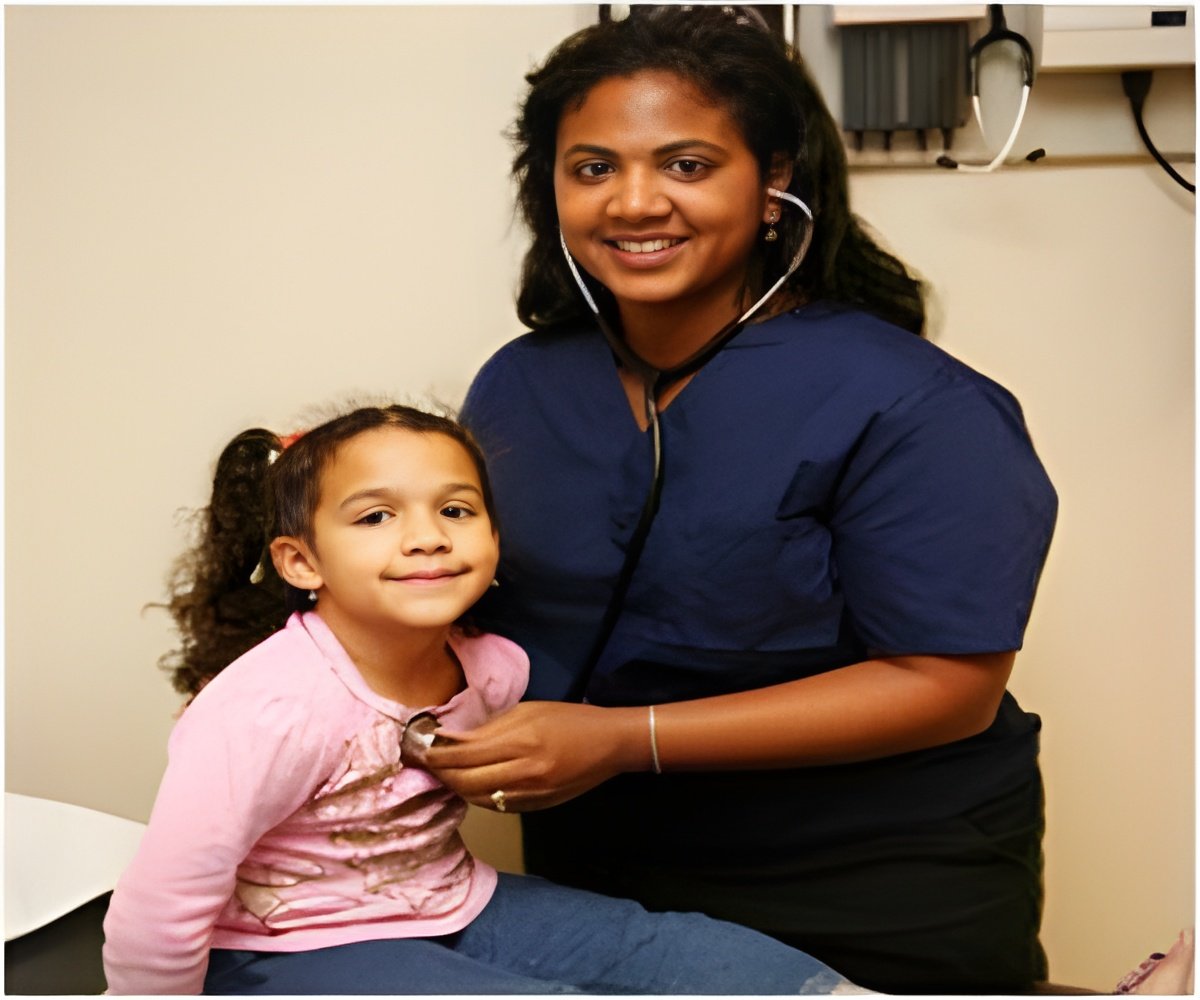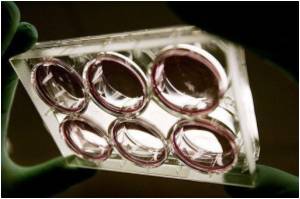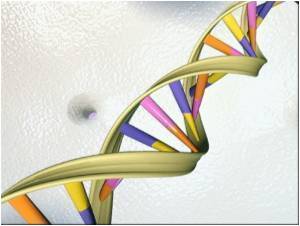Researchers at Mount Sinai School of Medicine, in collaboration with researchers at Loyola University Chicago Stritch School of Medicine, have made a critical discovery that may lead

"Our data indicate that historical population labels may not be helpful in predicting disease risk or guiding how a patient will respond to certain medications," said Erwin Bottinger, MD, Director of the Bronfman Institute, and the Irene and Dr. Arthur M. Fishberg Professor of Medicine. "Rather, a spectrum of mixed ancestry is emerging in the largest U.S. minority groups. These findings further validate the importance of considering the unique genotype of the individual patient rather than grouping patients by self-reported ethnicity."
To date, genomic studies have overwhelmingly focused on populations with European ancestry, causing concerns about the applicability of their findings to determine disease risk and responsiveness to therapies for non-European, and in particular, mixed genetic backgrounds receiving care at urban medical centers.
"Our data indicate how important it is to evaluate patient populations at a local level," said Dr. Bottinger. "Now that we can determine the genotypic breakdown of our patients, we can begin to develop tests and tailor therapies for the diverse community we serve, allowing us to provide highly effective, personalized care."
On the basis of their findings, researchers at the Bronfman Institute are evaluating the clinical use potential of hundreds of genetic markers for major diseases, such as heart disease, kidney disease, liver disease, and diabetes, and various drug responses, in all Biobank samples. The goal is to identify those genetic markers that may be useful to predict disease risk in local people with mixed genetic backgrounds. The project will be completed with all 20,000 Biobank samples by the end of 2011.
"We anticipate the results, for the first time, will lead us to select the right genetic markers, and allow us to bring personalized genomic medicine to patients in the diverse Mount Sinai community who are being treated for diabetes and heart, kidney, and liver diseases, among other conditions," says Dr. Bottinger.
Advertisement
Advertisement











